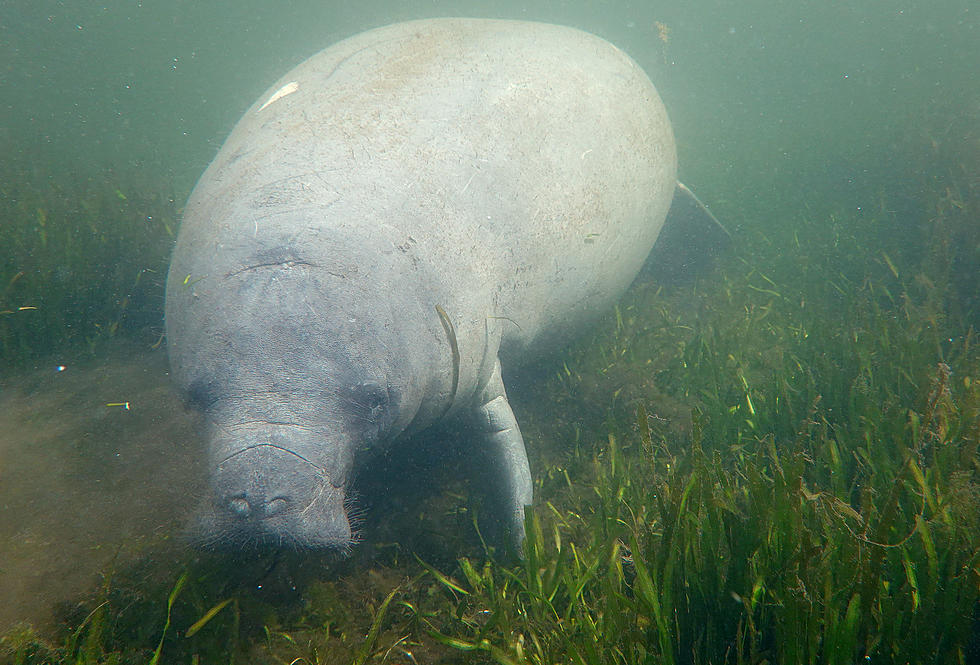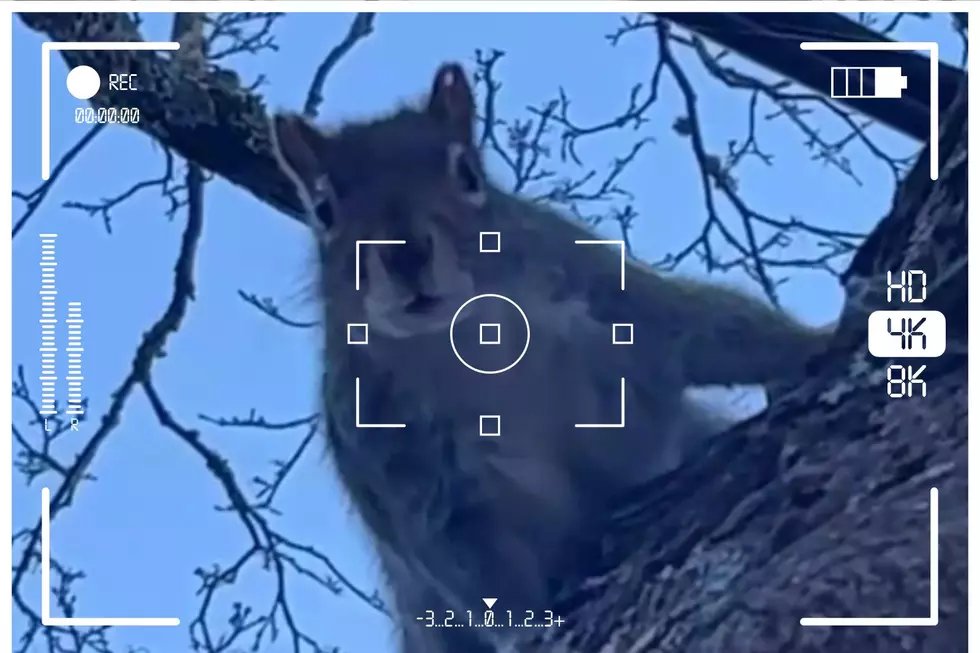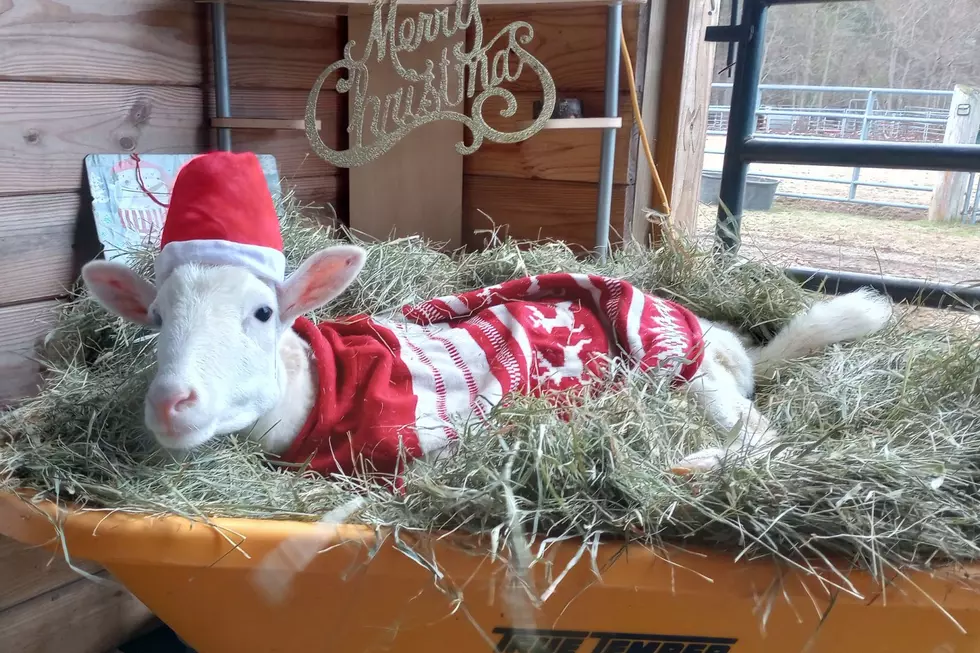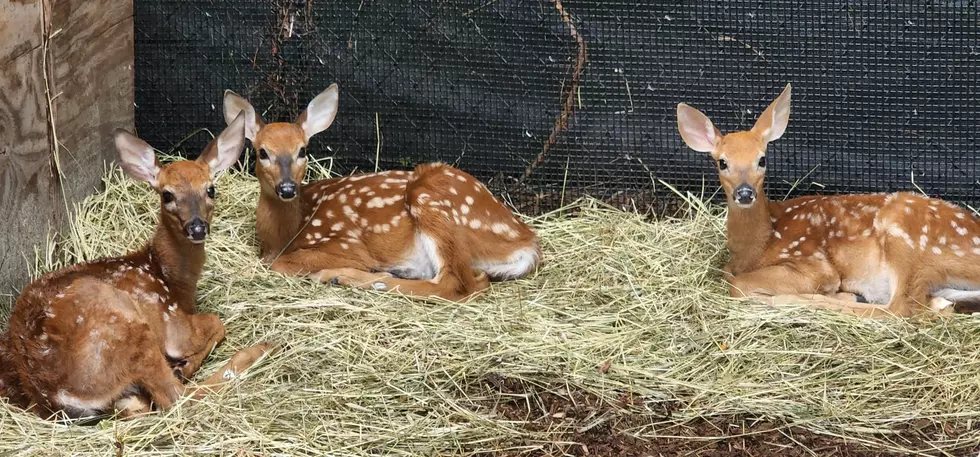
SouthCoast Squirrels May Need Your Help After the Storm
The autumn Nor'easter that ripped across the SouthCoast last night left a lot of damage in its wake. Plenty of people lost trees and limbs in their yards while other lost electricity as the trees took out power lines along the roads. As much as those toppling trees are upsetting to the people they affected, their loss could be even worse for area wildlife.
For many small animals who called those trees home, this storm could make the coming winter almost un-survivable. Temperatures after this storm passes through are expected to drop and the more fall-like chill should start to settle in around us. If you are a squirrel who just lost its home when a tree came down, that is not good news.
Squirrels and chipmunks have been hard at work storing food for the winter and getting their homes ready to hunker down into for months on end. If that home just landed in someone's yard, though, it is more likely to become firewood this winter instead.
So what does that mean for these cute woodland creatures? It means they may need your help. Post-storm, many SouthCoast residents could come across newly-homeless squirrels that may be frantic to find a new place to live. Or worse, injured squirrels that were thrown from their nests as the trees toppled. If you do come across such a squirrel, please try to get them help.
Although local animal shelters are not the answer in this situation, finding help for wildlife is easier than you may think. In both Massachusetts and Rhode Island, you must have a special license to rehabilitate small mammals such as squirrels, chipmunks and bunnies. Most are held by individuals who can be found online. The Rhode Island rehabilitators are listed here and Massachusetts rehabilitators are here. All are typically just a call or text away from coming to help, and will hopefully have room to take the critter you come across.
Items Dangerous to Animals That You Have in Your Yard
More From WFHN-FM/FUN 107









